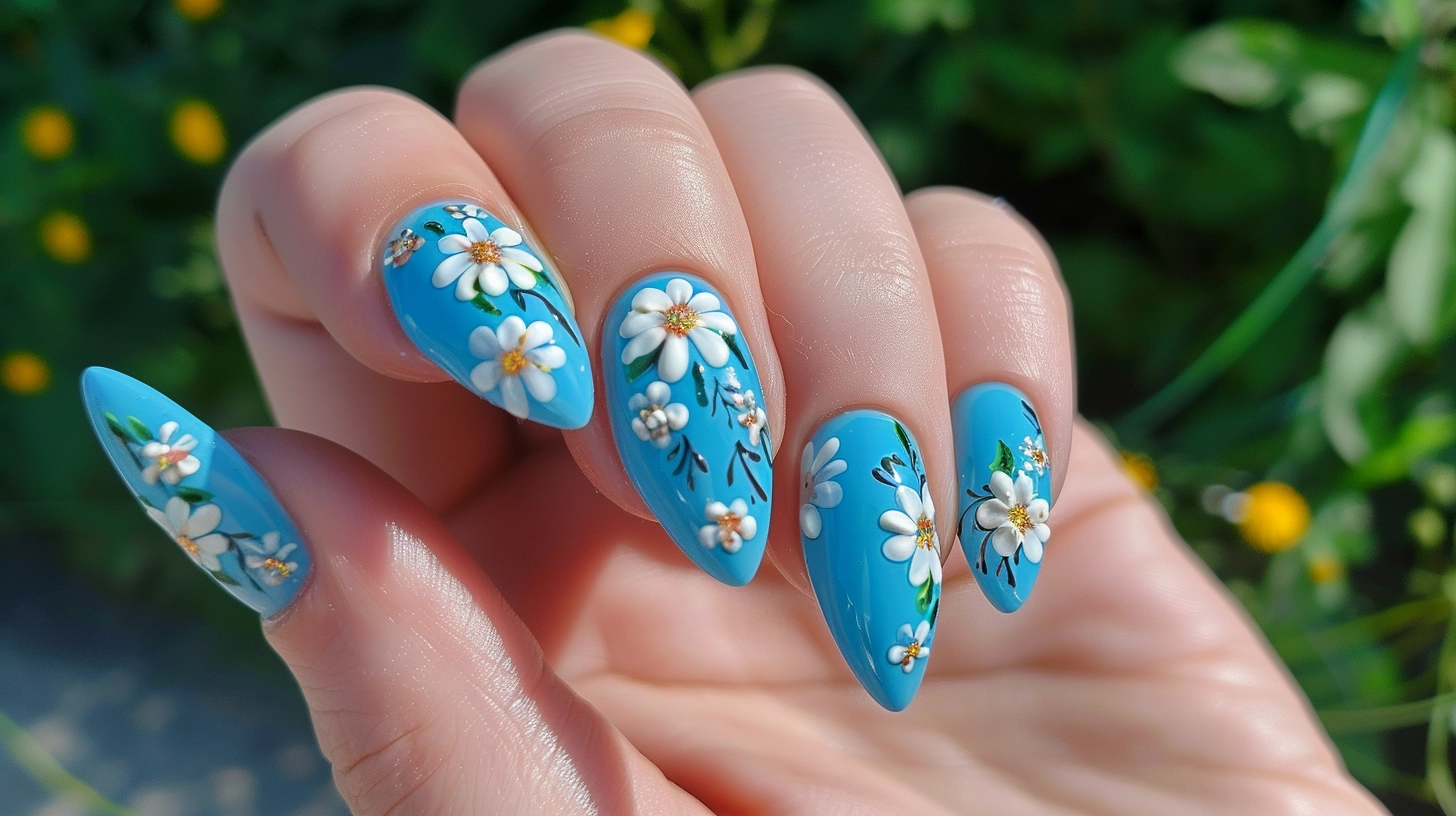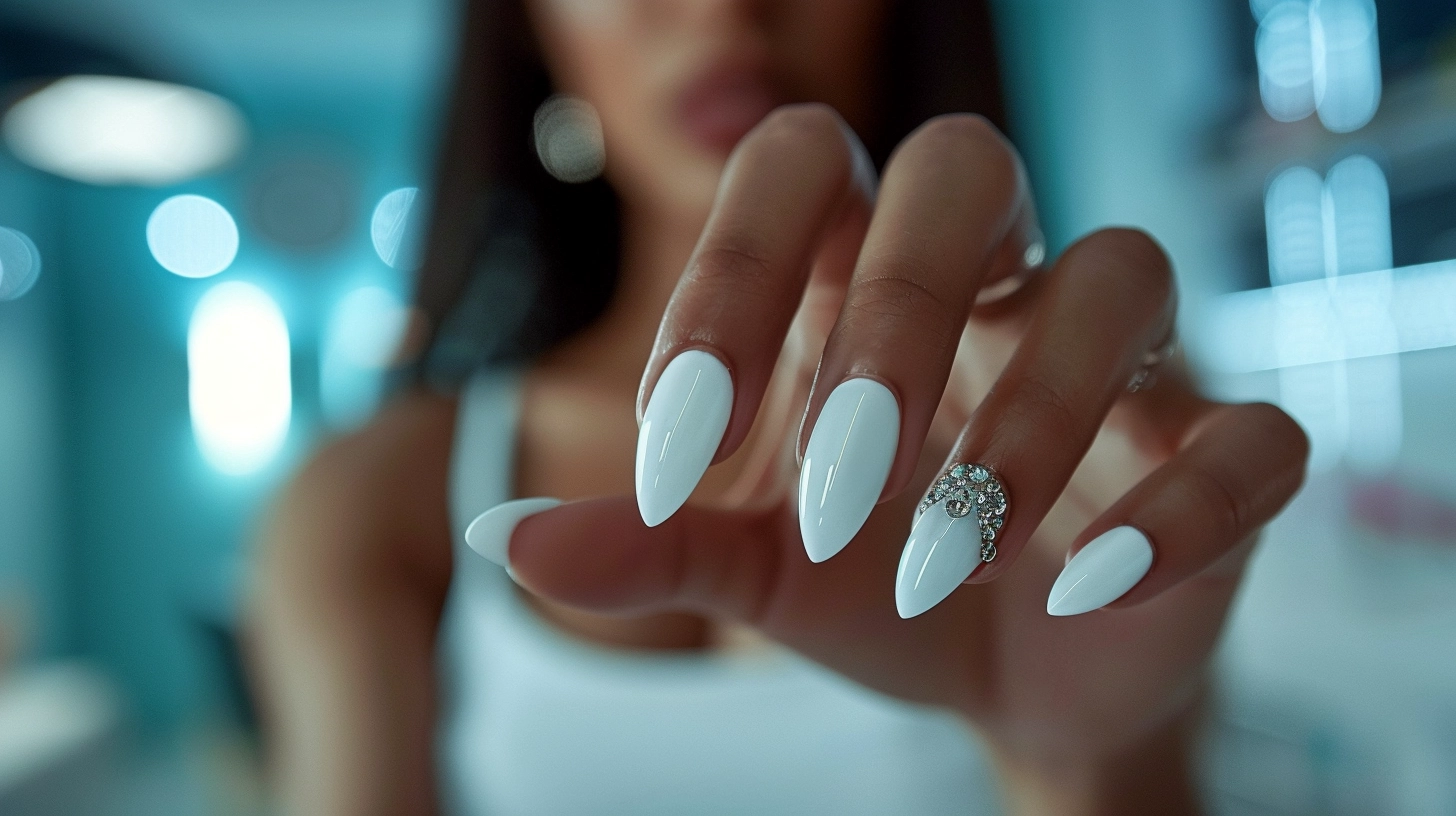Menopause is a natural process that all women go through as they age. It is the end of a woman’s reproductive years. During menopause, the ovaries stop producing eggs, and the level of the hormones estrogen and progesterone decreases. This can cause a variety of symptoms, including hot flashes, night sweats, mood swings, and vaginal dryness.
Let’s see what are the most common symptoms and problems you can experience during the different stages of menopause and what solutions can be used to make your life easier.
What are the stages of menopause?
The four stages of menopause are referred to as perimenopause, menopause, postmenopause, and late menopause.
During perimenopause, the ovaries gradually begin to produce less estrogen. This can cause changes in the menstrual cycle and can also lead to hot flashes, sleep disturbances, and mood changes.
Menopause is the point in a woman’s life when she has not had a menstrual period for 12 months. At this point, the ovaries have stopped producing eggs and estrogen levels have reached their lowest.
Postmenopause is the stage of menopause that begins after a woman has not had a period for 12 months. During this stage, menopausal symptoms may continue, and women may also be at increased risk for certain health conditions, such as osteoporosis.
Late menopause is the stage of menopause that begins 10 or more years after a woman’s last period. During this stage, menopausal symptoms are less likely to occur, but women may still be at risk for certain health conditions.
What are the symptoms of menopause?

The most common symptom of menopause is the cessation of menstrual periods. Other symptoms may include hot flashes, night sweats, vaginal dryness, sleep disturbances, mood changes, and weight gain.
What are the treatments for menopause?
There is no one-size-fits-all treatment for menopause, but there are various options that can help relieve symptoms and improve quality of life. These include hormone replacement therapy for menopause, non-hormonal therapies, and lifestyle changes.
How to handle menopause while working?
There is no one-size-fits-all answer to this question since every woman has different work and career goals. However, some tips for managing menopause while working may include staying hydrated, dressing in layers, and taking breaks as needed.
How to stop menopause bloating?
Everyone experiences menopause differently and has different triggers for bloating. However, some tips for managing menopausal bloating may include avoiding trigger foods, staying hydrated, and exercising regularly.
What vitamins are good for hair loss during menopause?
Some people may benefit from taking supplements of omega-3 fatty acids, biotin, and vitamins A, B, C, and E.
Some other possible treatments for hair loss during menopause include low-level laser therapy, minoxidil (a topical medication), and Platelet-Rich Plasma (PRP) therapy.
It’s also important to manage stress and eat a healthy diet during menopause, as both of these factors can contribute to hair loss.
How to treat menopause body odor?
During menopause, some women may experience changes in their body odor. This can be due to hormonal changes, which can cause sweat glands to become less active. Additionally, women may also experience vaginal dryness during menopause, which can lead to changes in body odor.
There are a few things that women can do to help treat menopause body odor:
– Use an antiperspirant: This can help to reduce sweating and body odor.
– Wear loose-fitting, breathable clothing: This can help to reduce sweating and body odor.
– Avoid spicy foods: Spicy foods can exacerbate body odor.
– Practice good hygiene: This includes showering regularly and using a mild soap.
– Use a vaginal moisturizer: This can help to reduce vaginal dryness and associated body odor.
If the above measures do not help to reduce body odor, it is important to see a doctor to rule out any underlying medical conditions.
How to get rid of ovarian cysts after menopause?
There is no sure way to prevent ovarian cysts from forming after menopause. However, there are some things you can do to lower your risk:
-Eat a healthy diet
-Exercise regularly
-Maintain a healthy weight
-Limit your alcohol intake
-Don’t smoke
How to regrow pubic hair after menopause?
Some women may notice that their pubic hair begins to thin or recede after menopause. This is due to the decreased production of estrogen, which can cause changes in hair growth.
There are a few things that women can do to help regrow pubic hair after menopause:
1. Use a pubic hair dye or powder to camouflage any thinning or recession.
2. Try a pubic hair growth product, such as a serum or cream.
3. Have regular trims to keep the hair looking healthy and to prevent split ends.
4. Eat a healthy diet and
5. Take supplements that are beneficial for hair growth, such as biotin or fish oil.
How to deal with menopause dizziness?

Some women may experience dizziness during menopause. This can be due to a drop in estrogen levels, which can cause the inner ear to become less sensitive to changes in position.
There are a few things you can do to help manage dizziness during menopause:
-Sit or lie down when you feel dizzy
-Avoid quick movements
-Drink plenty of fluids
-Avoid caffeine
How do I get rid of water retention during menopause?
Some potential solutions to reduce water retention during menopause include making dietary changes (such as reducing salt intake), exercising regularly, and avoiding smoking. Additionally, some women may find relief with natural remedies, such as taking black cohosh or evening primrose oil supplements. If water retention is severe or persists despite lifestyle changes, it is important to see a doctor, as it could be a sign of a more serious condition.







